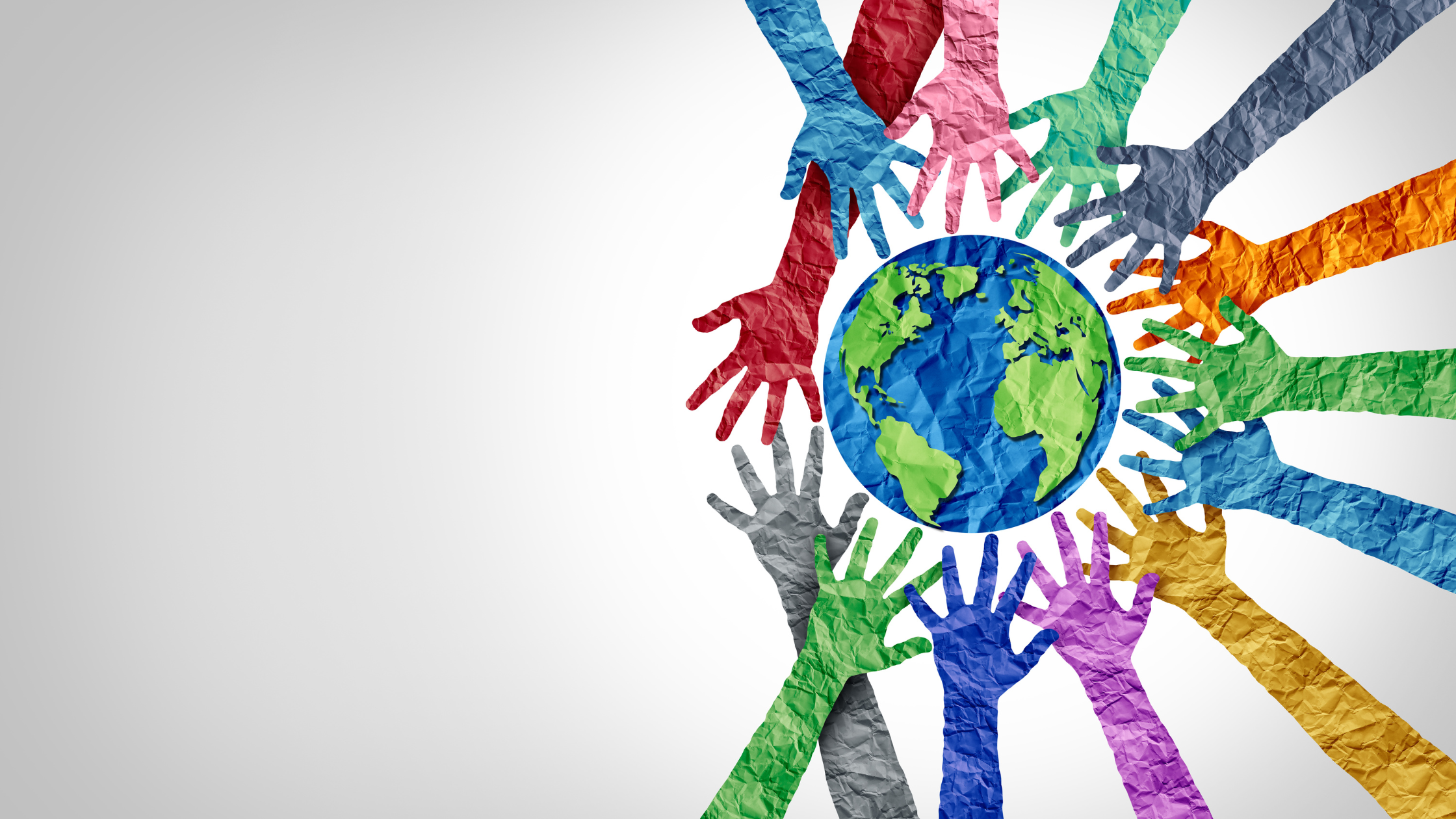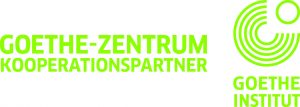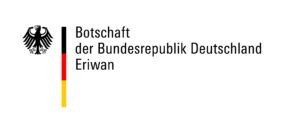Towards Equality: Culture and Education in Dialogue
Accessibility and equitable access in society are increasingly pressing topics. Despite being a fundamental right, people with disabilities are still unable to participate equally in social life in any country in the world.
At the end of October 2024, we organized a German-Armenian panel discussion on accessibility in education and culture titled “On the Path to Equal Collaboration – Culture and Education in Dialogue” in Yerevan. This event was supported by the Embassy of the Federal Republic of Germany in Armenia and the Goethe-Zentrum Yerevan.
We anticipated that the topic of accessibility would spark great interest in Armenia—and indeed, numerous representatives from museums, theaters, film festivals, sports institutions, NGOs, and educational organizations came together to actively discuss “equitable access in society” and share their experiences. Despite legal progress, it remains a fact that people with disabilities in no country can fully and equally participate in social life.
Dr. Christiane Schrübbers, a museum educator and inclusion consultant from Berlin, shared insights into the German cultural landscape. She emphasized that all people, regardless of disability, have an equal right to cultural participation. Making culture accessible to all is not only about physically adapting museums or theaters but also about presenting content in ways that address and include people with diverse needs.
“Culture is more than just entertainment; it is a space where we collectively discuss how we want to live as a society. Therefore, it is essential to make cultural spaces both physically and intellectually accessible. This means removing structural barriers but also fostering an inclusive mindset reflected in the offerings and themes of cultural institutions. Only in this way can a society emerge where everyone can actively and equally participate in culture and education,” said Dr. Christiane Schrübbers.
© Ed Tadevossian
About the Project
While societal barriers often begin in people’s minds, they are primarily rooted in the infrastructure of our communities. For centuries, streets, buildings, and all facilities were designed exclusively for people without physical or intellectual disabilities. To this day, accessibility is not a mandatory requirement for building permits.
Cultural and educational institutions are no exception. Typically, with 2-3 wheelchair spaces in the audience, a level entrance, and perhaps a restroom equipped to meet accessibility standards, we have reached the extent of what is often considered “equal access” to culture and education. The situation is even more challenging on and behind the stage. Accessing theater or concert stages or working in libraries or educational institutions is frequently difficult or outright impossible: accessibility remains a significant challenge.
As always, there are pioneers in this area—people who advocate for accessibility, form initiatives, launch projects, and implement practical examples of how accessibility can be successfully achieved in cultural and educational institutions. In Germany, in particular, there is a wealth of experience, studies, and exemplary measures due to an active engagement with the topic. This is where our project comes in.
We aim to connect established pilot initiatives and experts in accessible culture and education, complemented by an infrastructural perspective, with individuals in Armenia who lead cultural and educational institutions and regularly grapple with the issue of accessibility. The goal is to provide inspiration, facilitate the exchange of experiences, and discuss potential solutions.
About the Expert
Dr. Christiane Schrübbers is a museum educator and consultant for inclusion and accessibility in cultural institutions and museums. Since 1981, she has been involved in training museum guides and developing methods that address the needs of people with disabilities. Her projects include organizing tactile tours, sign language tours, and adapting museum texts into easy-to-read formats. She was also responsible for creating the “Checklist for Accessible Exhibition Design.” In her work, Dr. Schrübbers actively involves people with disabilities as “experts in their own right” in advising and reviewing the accessibility of exhibitions.
The project is supported by the German Embassy in Armenia and the Goethe-Center in Yerevan.



